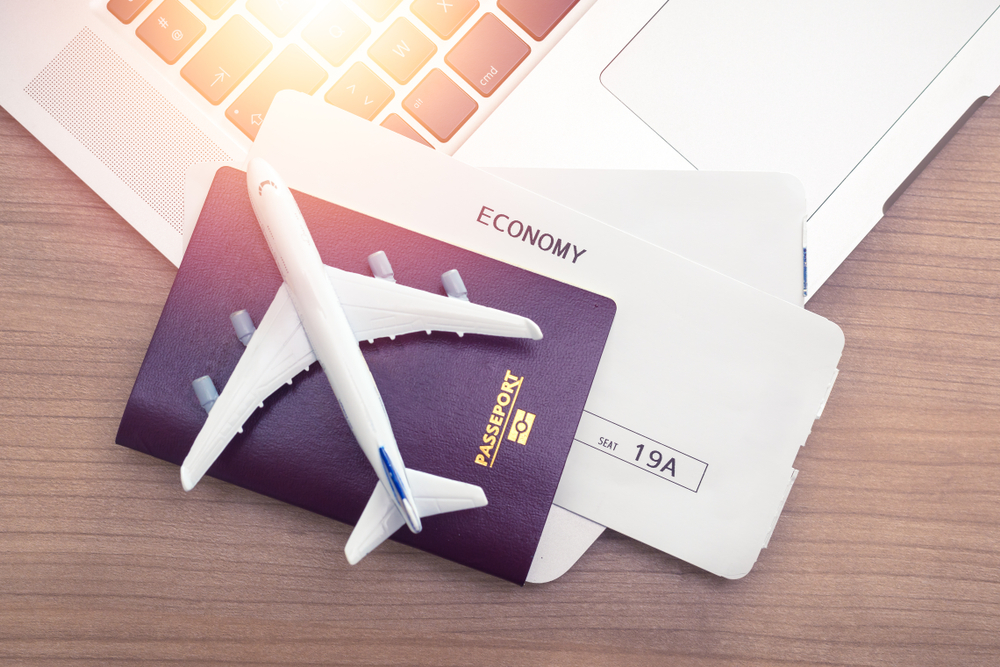Mastercard Wins Patent for Blockchain Travel Itinerary Bidding System

Financial services giant Mastercard has won a patent for a blockchain system that allows travelers to submit desired itineraries and merchants to submit bids for each service request.
The patent, awarded to Mastercard by the US Patent and Trademark Office (USPTO) on June 7, aims to streamline the global travel industry by connecting travelers to a wider range of hotels, airlines, and other service providers than most currently do prior to booking their itineraries — even when using services like Priceline, Kayak, and Hotels.com.
From the patent:
“The use of a blockchain can ensure that a traveler’s desired travel itinerary is publicly accessible to each merchant that is capable of bidding on the itinerary. This enables all travel providers to have an equal opportunity to earn the business of a traveler, without requiring the traveler to seek out every potential travel provider, and without the travel provider having to expend significant resources on marketing and outreach.”
Under the proposed system, travelers could submit detailed information about their itineraries, which would then be included in a block and broadcast across the blockchain to all network-connected nodes. Merchants could then submit bids for reservation requests, which would be evaluated by a processing server and returned to the traveler.
“The use of bidding can enable travel providers to make adjustments as necessary to earn business as they desire, which can also enable a traveler to receive the best possible deal with respect to each item in their travel itinerary,” adds Ankur Arora, who is credited as the inventor. “As a result, travelers save both time and money with respect to their travel itinerary, and travel providers are provided with greater opportunities to earn and increase revenue.”

Skeptics may allege that such a system could be accomplished using a standard database rather than a blockchain, much like standard discount travel booking agencies use already. Indeed, it would seem unnecessary for all nodes to keep a complete record of all itinerary requests and bids, even after they are no longer valid.
However, one could perhaps envision some increases in efficiency, perhaps translating to a more competitive market for travelers and a decrease in fees charged by the operator of the system.
Along with IBM and Walmart, Mastercard has been one of the most prolific investors in blockchain research — at least in terms of their pursuit of blockchain-related patents.
On the same date that the USPTO awarded Mastercard a patent for the firm’s proposed travel bidding system, the company also won a patent for a point-of-sale system that uses blockchain technology to securely verify payment credentials.
One week earlier, the firm successfully patented a similar system that uses blockchain wallet addresses to authenticate coupons and allow merchants to issue targeted discounts to their customers more efficiently.
Images from Shutterstock